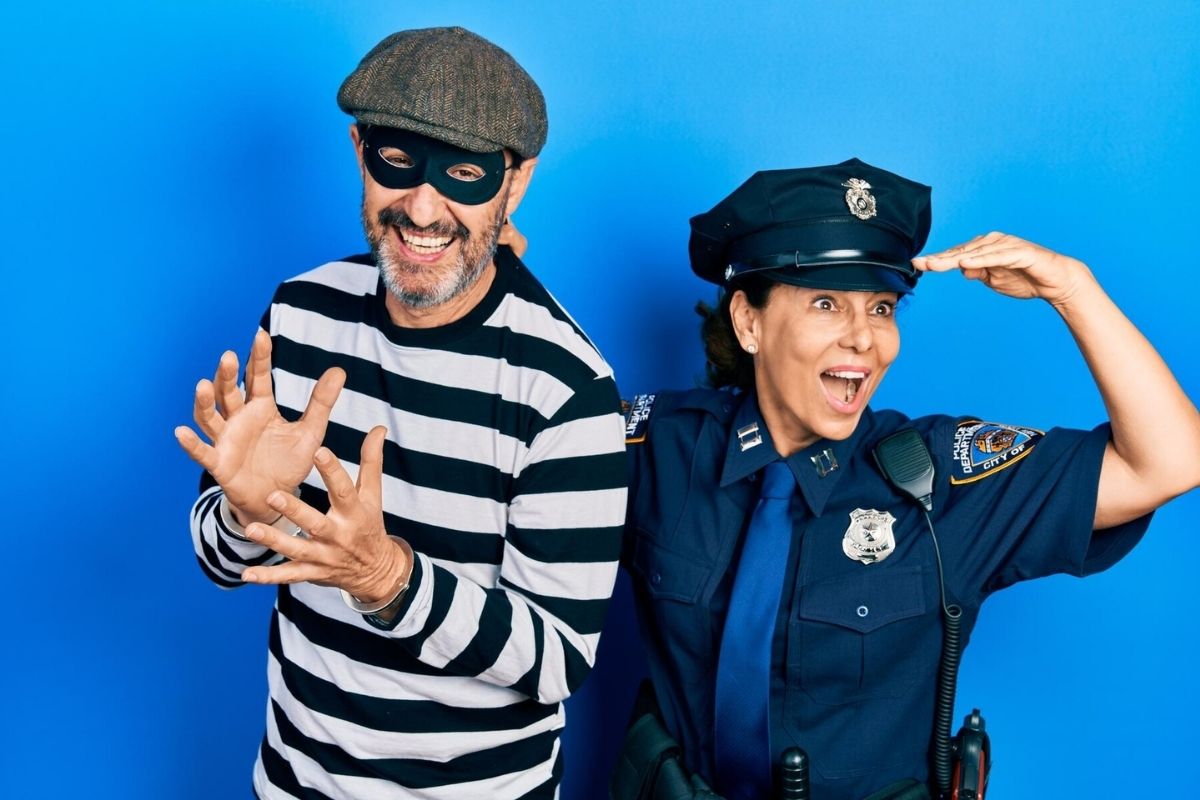
Photo Credit: Freepik.com
Breaking the Cycle of Good Cop, Bad Cop Parenting
Parenting is a collaborative journey, but its not uncommon for couples to fall into roles of “good cop” and “bad cop”. This dynamic often arises from different parenting styles or approaches to discipline. While understandable, this method can create long-term challenges for both parents and children. Let’s explore the causes, consequences and solutions to this parenting trap.
Understanding Good Cop, Bad Cop Dynamics:
Parents often assume opposing roles due to limited time and emotional pressures. For instance, a working parent may adopt the “good cop” role to make time spent with the child enjoyable and conflict-free. The other parent, who manages daily routines, might naturally fall into the “bad cop” role to enforce rules and discipline.
The Appeal and Problem: The good cop offers warmth and leniency, while the bad cop maintains structure. However, this division leads to inconsistent boundaries, making it difficult for children to understand expectations.
The Impact on Children:
1. Inconsistent rules: Children may struggle to grasp what behavior is acceptable when boundaries shift. Example: If one parent enforces a bedtime while the other allows exceptions, the child becomes confused and test limits.
2. Reinforcement of Undesirable Behavior: Children may exploit the good cops leniency to avoid responsibilities. For instance, a child who protests against doing chores might turn to the permissive parent for support, further escalating resistance.
The Long Term Effect on Parents:
Good cop, bad cop dynamics often breed resentment. The bad cop feels burdened with discipline, while the good cop may feel blamed for undermining rules. Being the “Bad cop” repeatedly can lead to frustration, especially for the parent who spends more time with the child. For example: A parent enforcing rules might not feel supported if the other constantly undermines them with leniency.
Solution to Break the Cycle:
1. Shift from Cops to Coaches: Parents dont need to be enforcers but rather mentors and guides. Coaching allows for a balanced approach, fostering understanding and cooperation.
2. Recognise the Split: Children often learn to “split” their parents by playing on differing approaches. Acknowledging this behavior can help parents unite in their responses.
Strategies for a Unified Approach:
A. Identify Common Disagreements: Parents should pinpoint areas where they often clash. They might include:
i. School: When to tackle homework or address academic challenges.
ii. Behavior: Responses to impulsivity or emotional outbursts.
iii. Treatment Options: Decisions arounds therapies or medications.
B. Disagree Privately: Parents should avoid debating rules in front of children. For example, if one parent prefers homework after school and the other suggests downtime, resolve this disagreement privately to prevent confusion.
C. Focus on Common Goals: Start with shared values and build a plan from there. For instance, agree on the importance of homework completion but negotiate timing and methods to support the goal.
D. Develop a Joint Plan: Once a decision is made, present it as a united front. For example, parents can say “ We’ve decided you can have an hour of free time before homework, but we will adjust if it doesn’t work”.
A clear, unified approach helps children understand expectations and reduces behavioral testing. By resolving conflicts privately and sharing responsibilities, parents strengthen their relationship and avoid resentment.
On the whole, Good Cop & Bad Cop parenting arises from differing styles and pressures but creates confusion for children and conflict for parents. Parents should aim to be coaches rather than enforcers, focusing on guiding children through shared values. Resolving disagreements privately and presenting a united front fosters harmony and consistency in the family. By adopting a collaborative approach, parents can create a more supportive and structured environment, benefiting both themselves and their children.
For more insights on effective parenting and family dynamics, visit the our ImPerfect Blog page.
Urveez Kakalia and Krupa Abraham
Reference:
1. https://www.empoweringparents.com/article/good-copbad-cop-parenting/
Further Reading:
Young, M. T., Lord, J. H., Patel, N. J., Gruhn, M. A., & Jaser, S. S. (2014). Good cop, bad cop: quality of parental involvement in type 1 diabetes management in youth. Current diabetes reports, 14, 1-12.
Young, M. T., Lord, J. H., Patel, N. J., Gruhn, M. A., & Jaser, S. S. (2014). Good cop, bad cop: quality of parental involvement in type 1 diabetes management in youth. Current diabetes reports, 14, 1-12.
Elop, J. (2022). Good Cop/Bad Cop: A comparative analysis of affiliative and aggressive behaviors by adult female and male olive baboons with infants at Randilen Wildlife Management Area, Tanzania.
